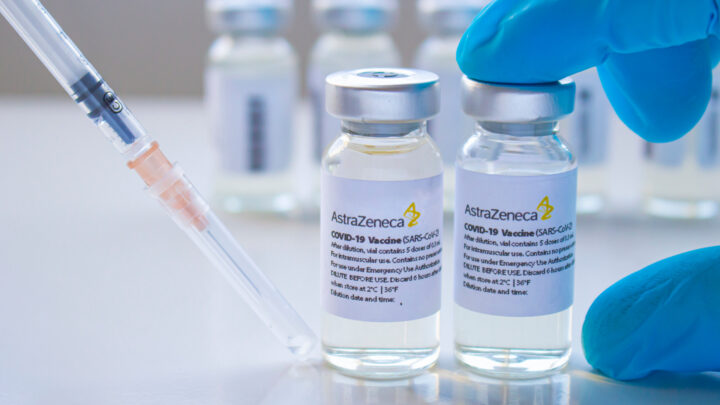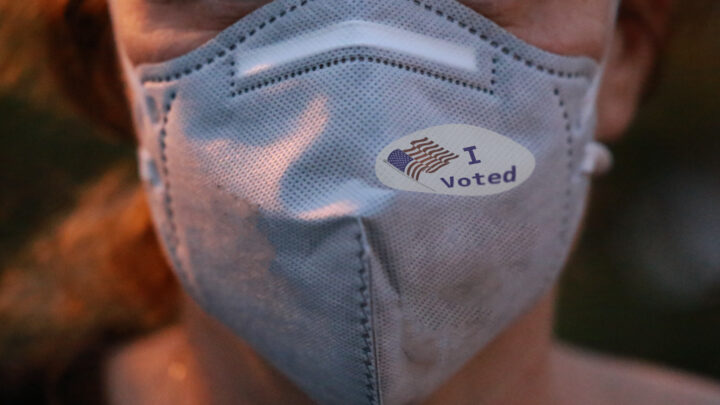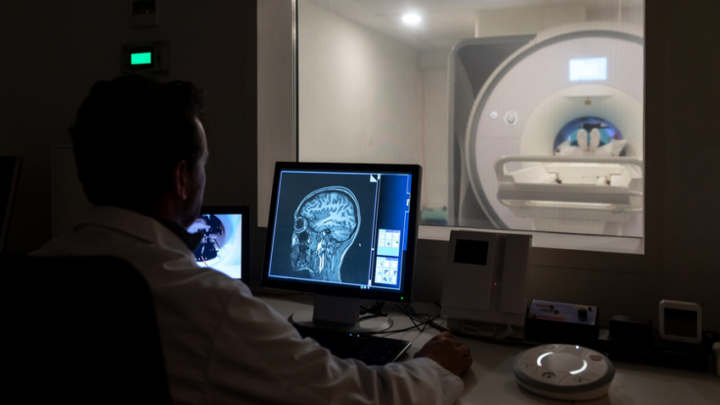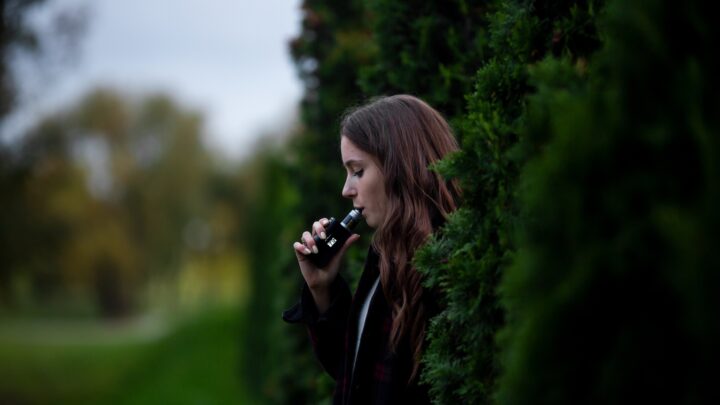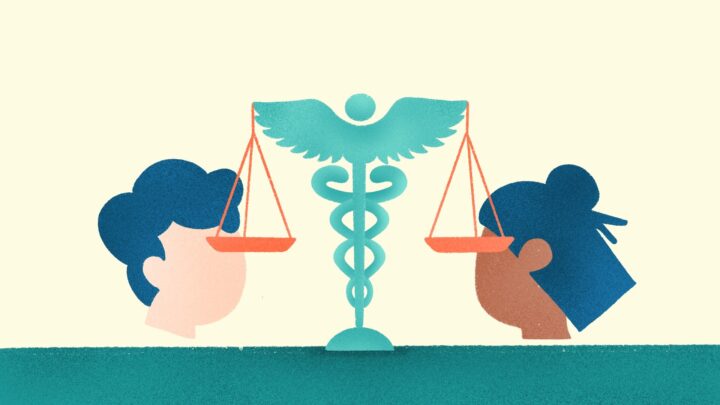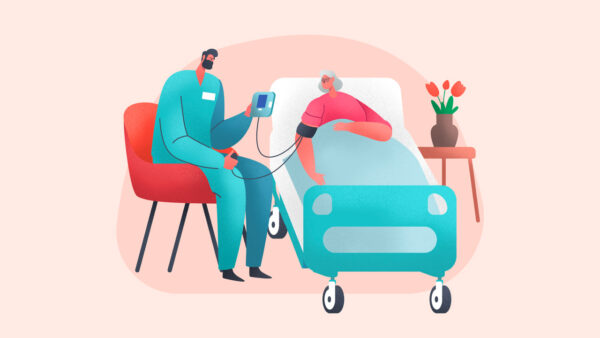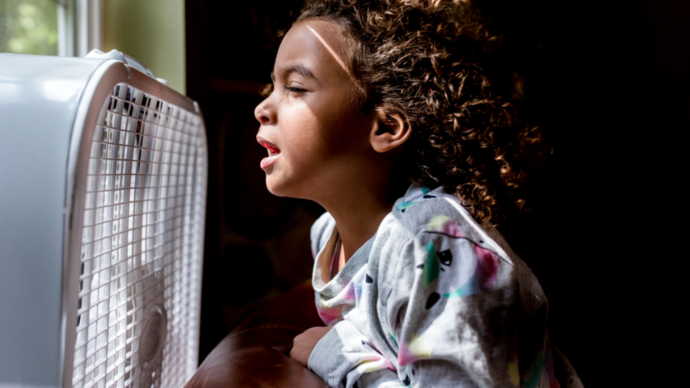
In a recent poll of 430+ global Sermo physicians, 83% responded that their country or region is experiencing a heat wave or has recently experienced a heat wave. And 90% said they see negative health impacts due to the extreme heat; while 80% find that extreme heat impacts their own health.
When it comes to combatting the heat, here are the strategies that Sermo physicians recommend to their patients:
- 81% recommend drinking more water than people think they need.
- 69% recommend staying in air-conditioned spaces.
- 57% recommend wearing light clothing.
- 53% recommend scheduling exercise early or late in the day to avoid the hottest part of the day.
- 47% recommend taking cool baths or showers or swimming in cool water.
- 27% recommend limiting oven use.
90% of physicians fear that extreme heat waves will continue to get worse in the future.
According to the New York Times, “Scientists say the persistent extreme heat already this year is in keeping with a trend. Heat waves in Europe, they say, are increasing in frequency and intensity at a faster rate than almost any other part of the planet, including the Western United States.
Global warming plays a role, as it does in heat waves around the world, because temperatures are on average about 2 degrees Fahrenheit (1.1 degrees Celsius) higher than they were in the late 19th century, before emissions of carbon dioxide and other heat-trapping gases became widespread. So extreme heat takes off from a higher starting point.
But beyond that, there are other factors, some involving the circulation of the atmosphere and the ocean, that may make Europe a heat wave hot spot…
With severe heat waves now affecting swaths of the globe with frightening regularity, scientists are drilling down into the ways life in a hotter world will sicken and kill us. The aim is to get a better grip on how many more people will be afflicted by heat-related ailments, and how frequent and severe their suffering will be. And to understand how to better protect the most vulnerable…
And if global warming is not slowed, the hottest heat wave many people have ever experienced will simply be their new summertime norm, said Matthew Huber, a climate scientist at Purdue University. ‘It’s not going to be something you can escape.’”
Below, Sermo physicians from around the world share more of their professional insights, perspectives, and opinions on this important topic—in their own words:
“In my clinical observations, it appears that patients taking beta adrenergic blockers and/or calcium channel blockers have a significantly reduced tolerance to heat—has anyone else observed that as well??”
Dermatology, U.S.
“Heat really wears on you…have noted a lot of people that have had COVID are more sensitive to the heat than they used to be…spent some time in Death Valley in the summer a few years ago – that was HOT…everything else is just degrees of warm.”
Family Medicine, U.S.
“In Mexico these 40 annual days of maximum heat are called “la canicula”. In the north of our country there have been several deaths from heat stroke.”
Oncology, Mexico
“Hydration and reduce sun exposure as much as possible.”
Emergency Medicine, Venezuela
“Last week in our town it was cool. This week it is hot. If that is not a sign of emerging global melt-down, I don’t know what is!”
Family Medicine, U.S.
“Cuba is a very hot country, in the months of July and August it is even hotter, exposure to the sun can really cause burns, skin diseases increase, heat waves have a negative impact on human health, it is important in this stage wear fresh and light clothing, but that covers most of our body, it is common in my country to see people with gloves, caps or hats and even coats to protect themselves from the sun, on the other hand the possibility of dehydration increases. I recommend not exposing yourself to high temperatures, using sunscreen and consuming plenty of fluids.”
Anesthesiology, Cuba
“They should generally eat less, use more salt, avoid strong alcohol and have a hat in sunny days.”
G.P., Poland
“Fluids. Fluids and fluids. Teenagers don’t drink enough on average. Worse in summer. Get dizzy. Low grade fever headache. Ice cream ice pops. Chill don’t sweat the small stuff.”
Pediatrics, U.S.
“With the continued global warming from man-made causes, more harsh climatic conditions might be inevitable unless we change our ways of doing things.”
Hematology, Nigeria
“Southern hemisphere so currently winter. Hard to see houses built for the cold now trapping heat.
Pediatrics, Australia
“Climate change is a global problem. Causing extreme temperatures in places never seen before. The heat wave in Europe has caused cases of dehydration that require immediate medical management depending on the degree of it.”
General Surgery, Cuba
“I recommend taking oral electrolytes, with much more emphasis on those under 10 years of age, over 60 years of age and field workers and with exposure to the sun.”
G.P., Mexico
“Arizona, with a side of climate change = drought and heat.”
Ophthalmology, U.S.
Everyday thousands of Sermo member physicians from diverse backgrounds and experiences exchange knowledge with each other. Sermo is the original medical social network that empowers today’s physicians. Over 1 million fully verified physicians across more than 150 countries come to our platform to talk with peers, participate in paid medical studies, solve challenging patient cases, contribute to the world’s largest database of drug ratings – and enjoy a few laughs along the way.
Interested in more? Check back any time and follow us on Facebook, Twitter, and LinkedIn for the latest and greatest in physician insights.
Are you a physician or healthcare practitioner?
Explore the many benefits of joining Sermo’s medical community and sign up for free today.


